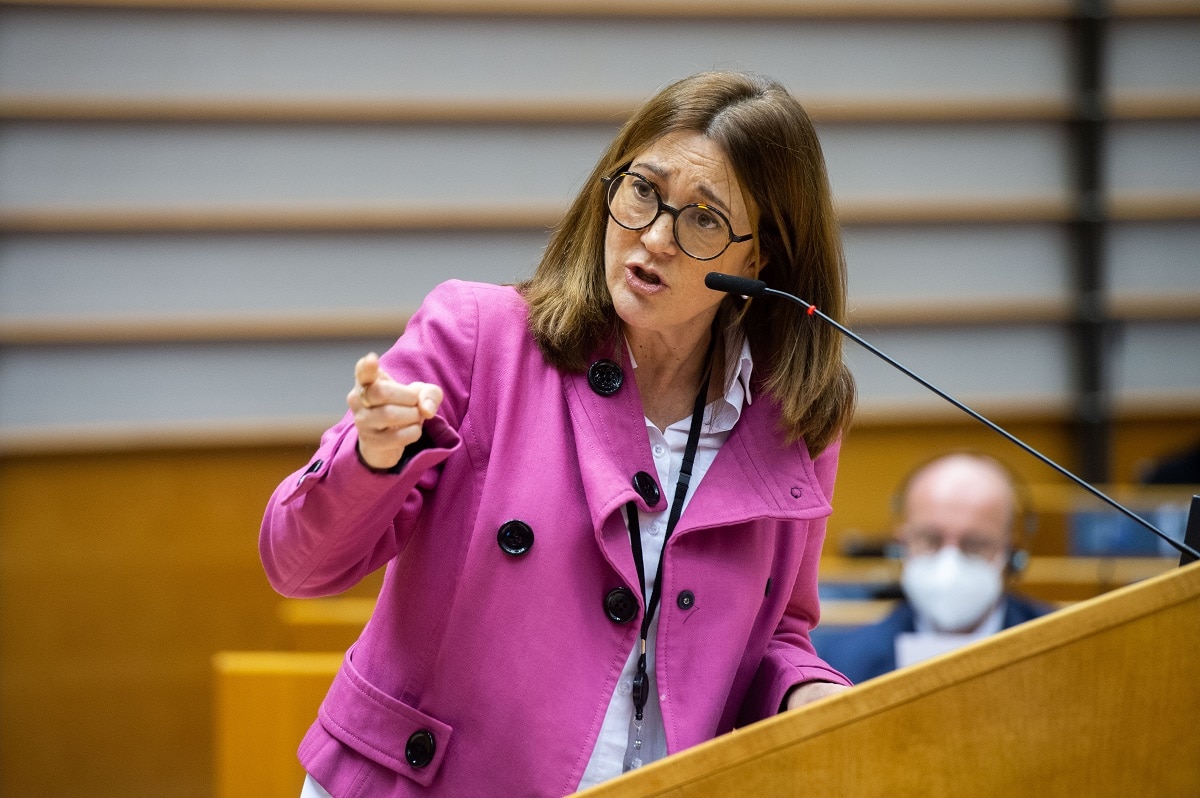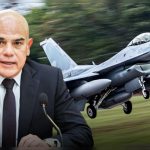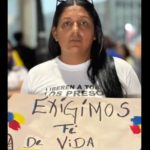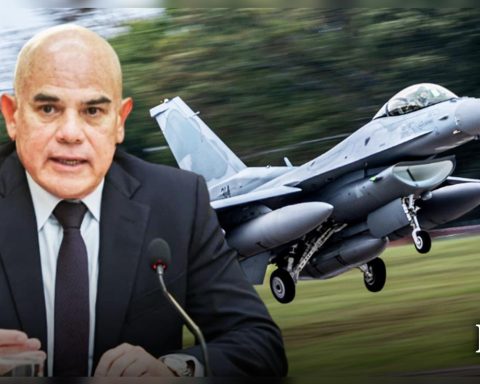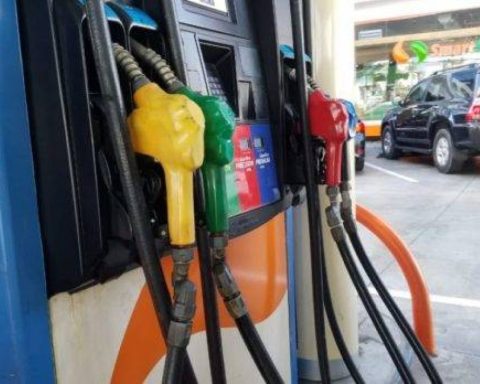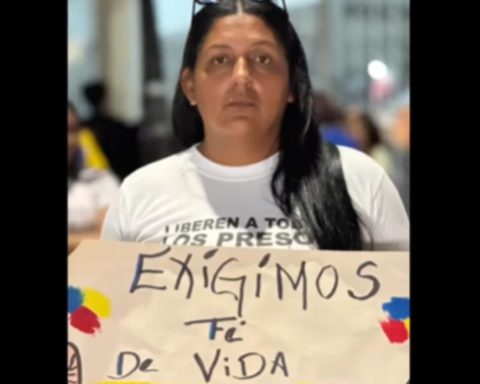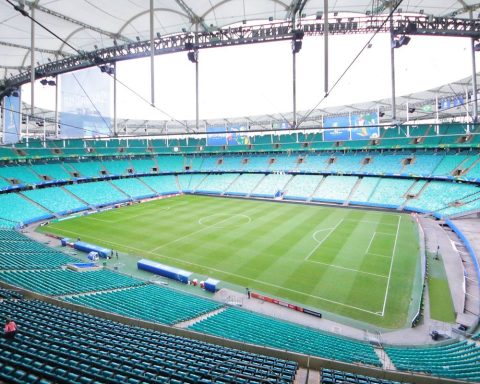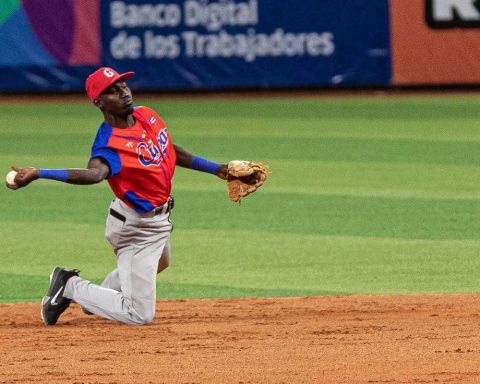MEP Soraya Rodríguez, elected by the Citizens of Spain party, is the promoter of a new resolution of the European Parliament on the political crisis in Nicaragua, after the electoral farce of November 7, which will be debated next Tuesday, December 15 and put to the vote, with its amendments, two days later.
In this interview with This week Y CONFIDENTIAL, Rodríguez explains the political implications of this resolution in which, without recognizing the legitimacy of the voting results in Nicaragua, they propose to the high representative of the European Union for Foreign Affairs, Josep Borrell, that “use all the means at his disposal to increase individual sanctions, and denounce the democratic clause of the Association Agreement between Central America and the European Union ”.
“We want to isolate the Ortega and Murillo regime, but we want to be very close to Nicaraguan civil society,” affirms MEP Rodríguez.
Next Tuesday a new resolution of the European Parliament on the crisis in Nicaragua will be debated after the votes on November 7, what are the scope of this motion for a resolution?
We want the European Parliament to clearly and unanimously support the fact that the last elections held by the Ortega regime were really electoral fraud, taking into account that the Ortega regime in recent months passed a series of laws that allowed it to imprison all those who expressed their willingness to be candidates in those elections, therefore there were more imprisoned candidates than candidates on the ballot papers.
Taking into account also that the few free press media that remained in Nicaragua were closed and that, therefore, all civil and political rights were violated, both for active suffrage, as well as those who wanted and chose to go to that electoral process, such as the civil and political rights of the Nicaraguan people who were actually prohibited from exercising their right to free vote. Therefore, a condemnation of that electoral fraud, and recognizing that the elections were illegal, and also the clear declaration of the European Parliament that therefore we will not recognize any institution that has emerged from that illegal electoral process.
What implications would this political non-recognition of the election results have on the decisions of the European Union? Are they considering more individual sanctions or also pressure actions on State institutions?
We, in this resolution, urge High Representative Josep Borrell to effectively use all the instruments at its disposal to increase individual sanctions by the European Union. I, personally, have always stated that it seems to me that we also have a wide margin in the area of individual sanctions against senior officials of the regime. There are few officials sanctioned for so much impunity, taking into account the corruption dimension of the regime, there is a long way to go; and also, other types of instruments. We also ask in the resolution that all member states be able to supervise the European funds allocated through multilateral and financial institutions such as the Central American Bank for Economic Integration, to ensure that there is no financing in this way that could strengthen the regime either.
On the other hand, we also ask that the democratic clause of the Association Agreement be put into effect immediately, undoubtedly, to denounce it, suspend it; and therefore use this wide margin that we also have in the area of individual sanctions.
These measures aim to weaken the Daniel Ortega regime politically and economically, to isolate it internationally, but is there any strategy of the European Parliament or of the European Union to strengthen Nicaraguan civil society that is also being persecuted and practically outlawed and criminalized?
In that resolution, we ask the European Union and its Member States to closely monitor, on the ground, through our representatives and our embassies, the situation in which the defenders of democracy find themselves. Many associations, for example, the Cenidh that continues in Nicaragua; Urnas Abierta, which has been reporting information on what happened on the day of the electoral celebration; because we need to maintain support with this active and resistant Nicaraguan society; And that is why we also ask you to increase our work in assisting political prisoners who are in prisons, to accompany them with visits, in the trials; that we establish emergency visas for people who have to leave the country, and political asylum for all those who can leave and who have to flee for these reasons in the Member States.
We want to isolate the Ortega and Murillo regime, but we want to be very close to Nicaraguan civil society; This is also why we know that after the withdrawal of the OAS by the regime, on November 19, it is clear that we are also going to have more difficulties in knowing what is happening inside and, therefore, we want our diplomatic representations in Nicaragua to be really our eyes.
Is the release of political prisoners a matter for negotiation or a condition for an eventual political dialogue to be held in Nicaragua and to discuss the call for new elections?
Indeed, in this resolution we demand the immediate release of all political prisoners in Nicaragua and, furthermore, we denounce once again the terrible conditions to which they are subjected. We reiterate that the only possible way out of this situation, the dictatorship of Ortega and Murillo, is a democratic way out; and that democratic solution involves holding free, democratic, transparent elections that meet international standards, so that they are truly democratic elections.
How to rebuild the laws that have been transformed by the Ortega regime, so that this process can take place? Undoubtedly, it has to be through a dialogue. A broad, inclusive dialogue of Nicaraguan society. This dialogue has to take place with all democratic forces and, therefore, for this it is necessary that the release of political prisoners occurs as a minimum base on which this dialogue can really rest.
Of course we want this to happen because the protagonists are the people of Nicaragua. And in that sense we ask and advocate for this process of broad, transparent dialogue and we ask the European Commission, the European Union, to really support, accompany and help in everything that is required of us along this path.
This draft resolution will be debated next Tuesday and, according to you, it could be approved next week. Ortega takes office on January 10. Before that date is expected any deliberation on the part of the European Union in relation to the legitimacy of the regime and the actions that the European governments are going to take?
The high representative’s statements have been very clear, we do not recognize the elections. Before these elections were held, we already said that we would not recognize them, because they did not respect the minimum standards so that a minimum competitive electoral process could take place. And therefore, after this electoral fraud took place, the high representative was very clear, we do not recognize these elections and therefore we do not recognize their results.
Along these lines there is a broad consensus, this resolution becomes a formal declaration of the European Parliament, which I hope will be widely supported by all parliamentarians and by all political groups, and will contribute to all efforts with the Commission and the high representative, and with the rest of the international community, of course, as always with Nicaraguan society, with its representatives, as far as we can help a way out, a way out of this situation in which Nicaraguans are suffering a lot from the economic and social consequences of managing the health crisis, which is leading to a very difficult situation, of economic collapse, and facing a situation in some areas of the country of humanitarian crisis.
Until today, all these demands for a democratic solution and an eventual political dialogue have been categorically rejected by Ortega. He did it with the Organization of American States, he has done it before with the European Union. Does the European Parliament, the European Union, have a medium-term vision of this crisis? Because it seems that Ortega is simply trying to buy time and let the attention of the international community focus on other problems and forget about Nicaragua.
I believe that the European Parliament is not going to forget Nicaragua. If Ortega’s objective is to (let) time pass, because after a certain time of this electoral fraud, the European Union can change its position with regard to Nicaragua, I think that he is clearly wrong. The responses that the European Union has been giving to the Ortega regime, to the increase and the spiral of repression, to the legislative reforms that have allowed this entire context of repression, media closures, and the imprisonment of political leaders, has been a clear and forceful answer. We do not recognize the elections and we are going to work with all the instruments we have to isolate the dictatorship of Ortega and Murillo, but to be very close, in turn, with the people of Nicaragua.
We want all possible instruments to be used by the Commission; and, as we do this, advocate and work as far as we can for the opening of a social dialogue with all the social and political forces in Nicaragua to move on a path of reforms towards truly free elections; accompany the democratic transition that Nicaragua needs. But, in any case, our position will not change; and I also believe that from the European Parliament we have been demonstrating in recent years that we have not forgotten Nicaragua, and we are very close and Nicaragua is in our debates, in our plenary sessions and in our resolutions.
